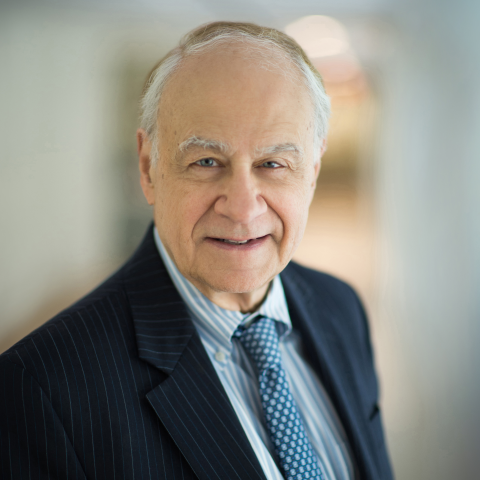We once celebrated the individual greatness of George Washington on his birthday, February 22. Historian James Thomas Flexner called George Washington the “indispensable man,” because he was the one individual most responsible for successfully launching the American experiment—a new form of government, a democratic republic in which the people are sovereign, but their power is limited by a written constitution.
Nevertheless, this year (as every year, for the past half-century) on the third Monday of February, a travesty of a holiday called “President’s Day,” has unofficially replaced the honoring of George Washington. It is unofficial because the February holiday is still legally Washington’s birthday, although even memoranda in U.S. government agencies refer to “President’s Day.” In substituting an unofficial “President’s Day” for the official Washington’s Birthday, the administrative state and its ideological echo chamber in the cultural leviathan are telling us that the lives of Chester A. Arthur and Franklin Pierce are of equal significance with that George Washington.
They are also telling us that individual lives don’t matter, that what matters is a person’s race, ethnicity, and gender. As a curator of the Smithsonian Institution told the Washington Post two decades ago,
“We are not a great men/great women place”—what matters most is the groups that one is born into.
The replacement of Washington’s Birthday with “President’s Day” began in 1968 with the passage of the Monday holiday law. At the time, we were assured by the bill’s sponsors that its passage would not diminish Washington’s memory in any way. After all, the February holiday was still called Washington’s Birthday and Americans would have, in the words of sponsor Rep. Robert McClory (R-Ill.), an “extra weekend” to visit Mt. Vernon.
Several far-seeing congressmen who opposed McClory’s bill predicted the negative consequences with prescient clarity.
Rep. Joe Waggonner (D-La.) told the bill’s sponsors: “You have further commercialized and made further meaningless something that has the respect of the people of this country.”
Rep. Dan Kuykendall (R-Tenn.) saw clearly and sadly into the future. “If we do this,” he warned, “10 years from now [that would have been 1978] our school children will not know what February 22 means. They will not know or care when George Washington was born. They will know that in the middle of February they will have a three-day weekend for some reason. This will come.”
Interestingly, efforts to make the change from Washington’s Birthday to President’s Day official have always been defeated. For example, one such bill was introduced in 1998 by Senator Richard Durbin (D-Ill.) The failed Durbin bill would have re-designated “the legal public holiday of Washington’s Birthday as President’s Day” to recognize “the contributions that Presidents have made to the development of our Nation,” besides specially noting Franklin D. Roosevelt along with Washington and Lincoln.
Pro-“President’s Day” advocates sometimes claim they want to honor Lincoln. But this is a red herring because “President’s Day,” this year or any year has never been called “Washington-Lincoln Day.” It is called “President’s Day” and it implies that Millard Fillmore is as significant a chief executive as Washington or Lincoln, for that matter. Lincoln himself was one of Washington’s greatest admirers. He wrote in 1842 that Washington’s name was, “the mightiest name on earth⎯long since mightiest in the cause of civil liberty; still mightiest in moral reformation . . . In solemn awe pronounce the name⎯and in its naked, deathless splendor leave it shining on.”
For years now, retired Rep. Roscoe Bartlett (R-Md.) has carried on a campaign to restore the celebration of Washington’s Birthday. He proposed to start by making sure that federal agencies got the name of the February holiday right and stop calling it “President’s Day.” Those of us who want, in Lincoln’s words, to preserve “the mystic chords of memory” that bind our nation together must hope some member of Congress picks up the banner that Bartlett once waved.
















